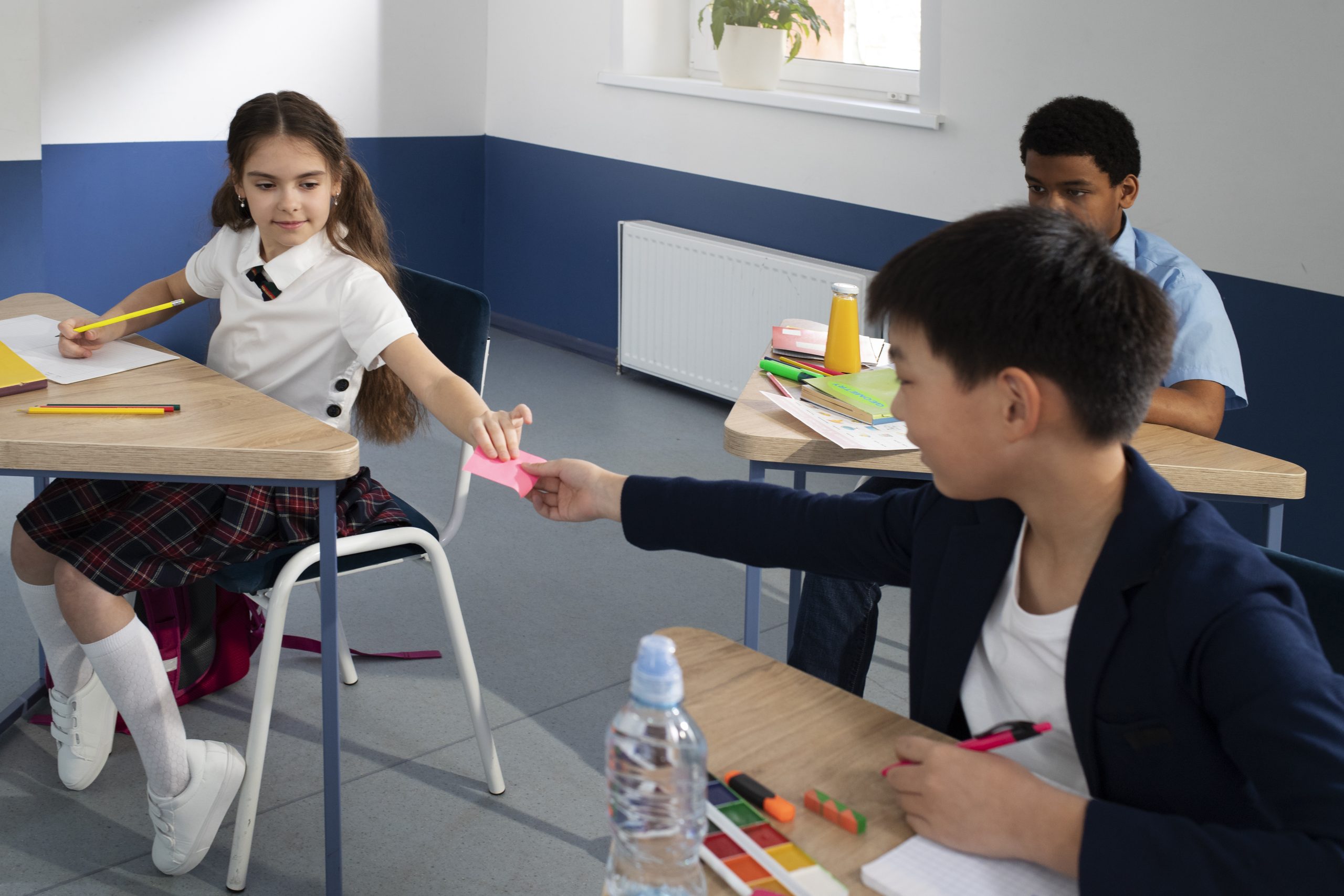How Social Pressure Shapes School Student Aspirations
School years are a time when students begin forming their ideas about who they are and what they want to become. While curiosity and personal interests play a role, social pressure significantly shapes student aspirations. From parents and peers to teachers and societal expectations, these influences can push students toward certain academic and career paths. For Grades 8 to 10 students in India, this stage is especially important because they are laying the foundation for their future education and professional goals.
Understanding Social Pressure in Student Life
Social pressure can be both positive and negative. It arises from the desire to meet expectations, gain approval, and avoid rejection. In schools, students face it daily in multiple ways:
- Peer Pressure: Wanting to fit in with friends often pushes students to make choices that may not align with their true interests.
- Parental Expectations: Parents may expect children to follow traditional career paths such as medicine or engineering.
- Teacher Influence: Encouragement or discouragement from teachers can shape how students view their own abilities.
- Societal Norms: Community values and cultural traditions often influence career decisions and aspirations.
How Social Pressure Affects Aspirations
The impact of social pressure on aspirations can be deep. It can motivate students to work harder or lead to stress and confusion about their goals. Some common effects include:
- Choosing Popular Careers: Students often aim for careers seen as prestigious, even if they do not match their strengths.
- Fear of Failure: Pressure to succeed creates anxiety, which can reduce creativity and curiosity.
- Loss of Personal Identity: Students sometimes suppress their passions to meet expectations.
- Short Term Decisions: Under pressure, students may focus on immediate success instead of long term growth. Learn more in our blog why students struggle with long term goals and how to fix it.
Examples of Social Pressure in Action
Consider a student who enjoys art and design but is pressured by family to choose science. Another student may want to pursue sports but is told to focus on academics. In both cases, aspirations are shaped not by personal choice but by external expectations. Over time, this can lead to dissatisfaction and missed opportunities for true growth.
How Parents Can Support Balanced Aspirations
Parents are one of the strongest influences on children. Instead of letting pressure dominate, parents can guide students in healthy ways:
1. Encourage Open Conversations
Listen to your child’s interests without judgment. Ask questions like “What excites you the most?” to understand their passions.
2. Focus on Strengths
Identify your child’s natural skills and nurture them. For example, a student good at problem solving might thrive in research or technology roles.
3. Provide Exposure
Introduce teens to diverse career options through workshops, seminars, and career counseling. Exposure helps them make informed choices.
4. Celebrate Effort, Not Just Results
Acknowledge the hard work students put in, regardless of outcomes. This reduces the fear of failure and builds confidence.
The Role of Teachers and Schools
Teachers can create an environment that reduces unhealthy social pressure and builds confidence. Some strategies include:
- Encouraging Exploration: Provide opportunities for students to try new subjects, activities, and clubs.
- Promoting Individuality: Highlight the uniqueness of every student instead of comparing them.
- Counseling Support: Offer access to career guidance programs to help students navigate expectations.
- Positive Reinforcement: Recognize effort, participation, and creativity instead of only grades.

Healthy Peer Influence
Not all peer influence is negative. When guided correctly, peers can inspire and motivate each other. For example:
- Group study sessions can encourage collaboration.
- Peers can introduce one another to new career paths, competitions, or learning opportunities.
- Supportive friendships build confidence to pursue unique aspirations.
Managing Social Pressure in the Digital Age
With social media becoming a part of everyday life, digital platforms also add to social pressure. Students may compare their achievements with others online. Parents and teachers can help by teaching:
- Digital literacy and how to identify unrealistic comparisons.
- Healthy online habits like limiting screen time.
- The importance of self worth beyond likes and followers. Read more on APA research on social media and teen mental health.
Practical Activities to Reduce Pressure
Here are some actionable steps parents and teachers can try:
- Career Exploration Days: Invite professionals from different fields to talk with students.
- Workshops on Goal Setting: Help students create personal goals aligned with their passions.
- Peer Mentorship: Encourage senior students to mentor juniors in academics and extracurriculars.
- Mindfulness Activities: Teach relaxation techniques to reduce stress caused by pressure.
Long Term Benefits of Balanced Aspirations
When social pressure is managed in a healthy way, students experience long term benefits such as:
- Greater confidence in decision making.
- More satisfaction with career and personal choices.
- Stronger resilience against failures and challenges.
- Ability to pursue passions alongside responsibilities.
Final Thoughts
Social pressure is unavoidable, but its influence does not have to be negative. With the right support from parents, teachers, and counselors, students can learn to make choices that align with their true interests and strengths. By balancing aspirations with guidance, we can help students in Grades 8 to 10 build a future filled with confidence, happiness, and success.



